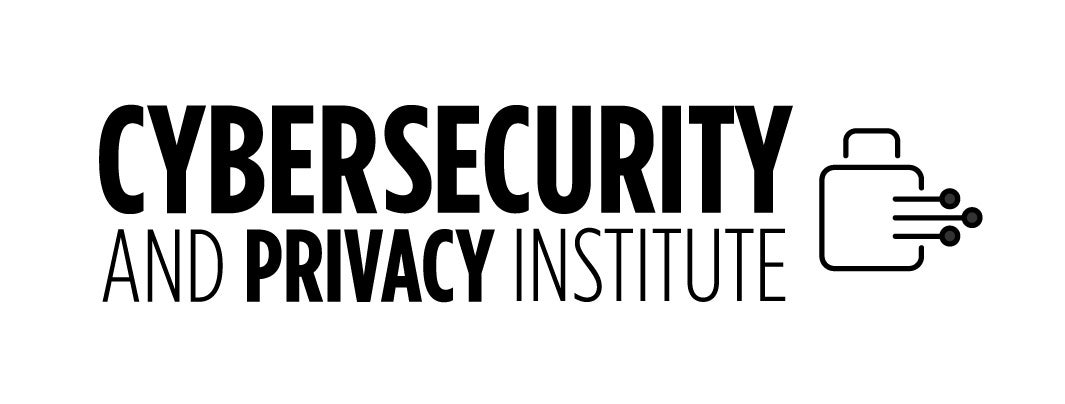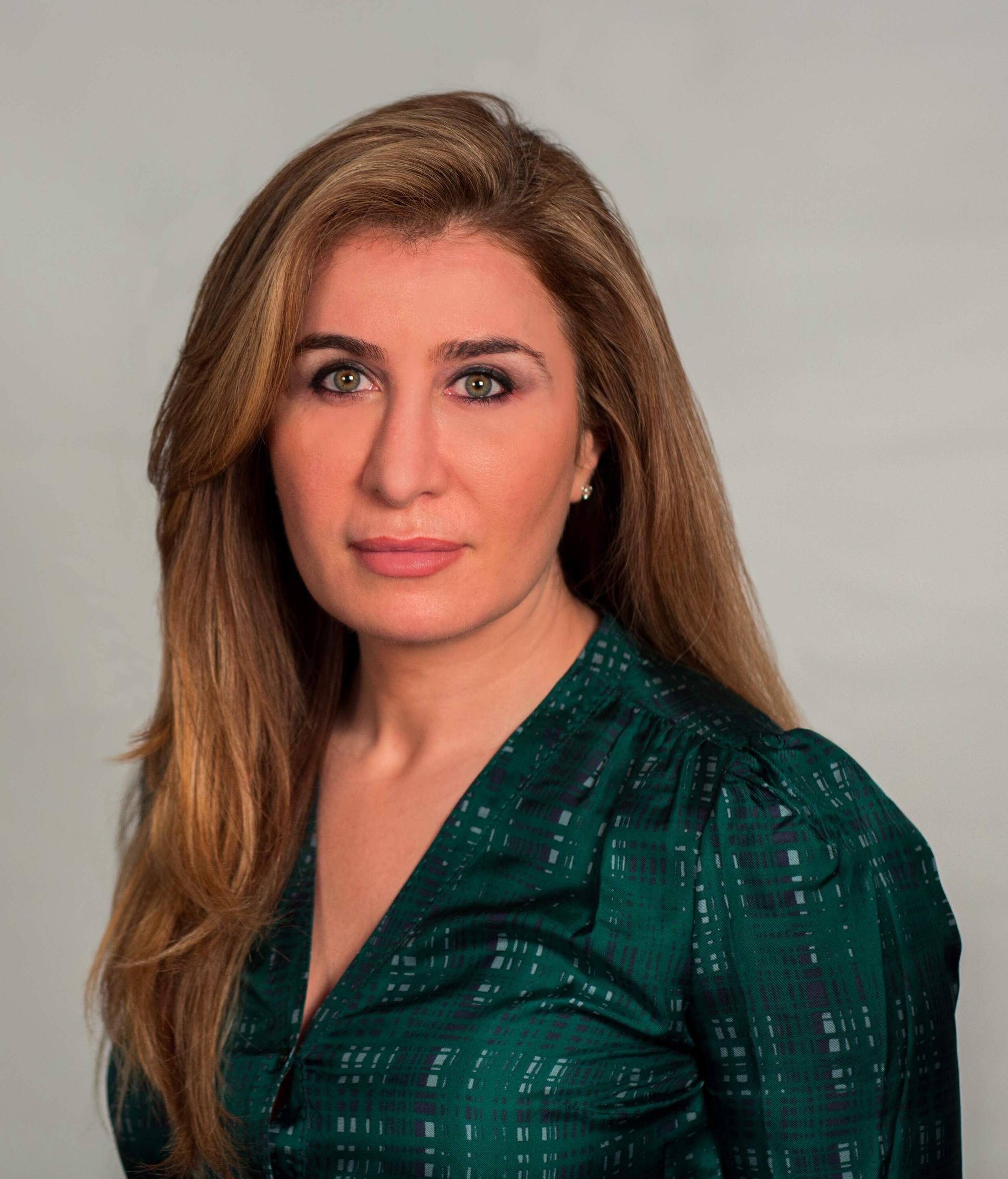
In an effort to track the spread of COVID-19, more and more COVID-19 tracing apps have and will continue to emerge. Canadian jurisdictions are developing and deploying contact-tracing apps without sufficient technical review by independent security and privacy experts. Such reviews help identify potential flaws and provide indispensable input to a public debate about the balance between health safety, privacy and security. Reviews can enhance trust in the deployment of apps and help foster wider adoption. Reviews should be public because public technical specifications will enhance trust and acceptance.
The Canadian security and privacy ecosystem, including the academic community, consists of sufficiently many experts to provide reviews of these apps. Such reviews should be made with the mandate of protecting civil liberties and held to the highest ethical and technical standards.

Join us on Friday June 26, 12:00 pm to 1:00 pm for a lunch and learn virtual session where Dr. Florian Kerschbaum, Executive Director, CPI will be moderating a panel session with CPI members Dr. Douglas Stebila, Dr. Plinio Morita and Dr. Bessma Momani. The will be discussing COVID-19 contact tracing apps in their respective faculties.
Panelists

Douglas Stebila, University of Waterloo
Dr. Douglas Stebila is an Associate Professor of cryptography in the Department of Combinatorics & Optimization at the University of Waterloo in Waterloo, Ontario, Canada. His research focuses on improving the security of key exchange protocols and Internet cryptography protocols such as SSL/TLS and SSH, including the development of quantum-resistant solutions.

Plinio Morita, University of Waterloo
Dr. Plinio Morita is a leading researcher in the use of AI and IoT for public health and global health initiatives. At the UbiLab, his research team focuses on the use of big data and AI to improve current public health surveillance mechanisms and support countries in the monitoring of health indicators (e.g., physical activity, sleep, sedentary behavior), as well as environmental factors (e.g., heatwaves, extreme air pollution). Dr. Morita’s research team has developed large-scale data collection ecosystems for supporting local initiatives in Canada and LMIC in their efforts to better understand the impact of extreme air pollution on child and maternal health in LMICs (in partnership with UNICEF Mongolia), as well as the impact of heatwaves on seniors around the globe (in partnership with Health Canada and the Public Health Agency of Canada. Through the development of data ecosystems, consent management using blockchain, and AI solutions, the UbiLab has been pushing the envelope in the development of predictive models that can help public health officials around the world to better understand their data, as well as creating real-time indicators to support risk mitigation initiatives aimed at minimizing the impact of uncontrolled urbanization and climate change on health.

Bessma Momani, University of Waterloo
Dr. Bessma Momani is Full Professor and interim Assistant Vice-President of International Relations at the University of Waterloo. She is a senior fellow at the Centre for International Innovation and non-resident at the Arab Gulf States Institute in Washington, DC, and a Fulbright Scholar. She was a 2015 fellow of the Pierre Elliott Trudeau Foundation and also previously served as a non-resident senior fellow at the Brookings Institution in Washington, DC, and as a non-resident fellow at the Stimson Center, and was a visiting scholar at Georgetown University’s Mortara Center.
Bessma currently sits on the board of the Pierre Elliott Trudeau Foundation and the University of Waterloo’s Cybersecurity and Privacy Institute. She is also an adviser to the National Security Transparency Advisory Group at Public Safety Canada.
Bessma has received a number of awards and prizes for her research and work. She has been awarded multiple Insight Development Grants, Insight Grants and Connection Grants funded by Canada’s Social Sciences and Humanities Research Council. She is currently the leader of a three-year-funded Department of National Defence network called the Defence and Security Foresight Group tasked with providing policy-relevant advice to the Department of National Defence.
In recent years, Bessma spearheaded the Pluralism Project with Trudeau Mentor Jillian Stirk, which explored the link between diversity and economic prosperity and the role of globally connected citizens. This has led to a multi-million-dollar funding grant from Immigration, Refugees and Citizenship Canada on a pilot project bringing visible minority women into the Canadian economy.
Bessma has authored, co-authored and co-edited numerous books. In addition, she has written more than 80 scholarly papers or book chapters examining the IMF, the World Bank, gender and diversity, petrodollars, the political economy of the Middle East and the geopolitics of the Arab Gulf and the Middle East, and published in numerous journals.
As a political analyst on the Middle East, international affairs and the global economy, Bessma has written editorials in The Globe and Mail, The New York Times, Time, Newsweek, the National Post and the Toronto Star. She is also a regular media contributor, having done thousands of live interviews, with CNN, CBC News, CTV, Al Jazeera, CGTN, TRT World and BNN Bloomberg.
Moderator

Florian Kerschbaum, University of Waterloo
I am an associate professor in the David R. Cheriton School of Computer Science at the University of Waterloo (since 2017) and Director of the Waterloo Cybersecurity and Privacy Institute (since 2018). Before I worked as chief research expert at SAP in Karlsruhe (2005 – 2016) and as a software architect at Arxan Technologies in San Francisco (2002 – 2004). I hold a Ph.D. in computer science from the Karlsruhe Institute of Technology (2010) and a master's degree from Purdue University (2001). I am an ACM Distinguished Scientist (2019) and a winner of the Outstanding Young Computer Science Researcher Award from CS-Can/Info-Can (2019). I am interested in data security and privacy in data management, machine learning, and blockchains. I extend real-world systems with cryptographic security mechanisms to achieve (some) provable security guarantees. My work has been applied to products for databases, supply chain management and RFID tracking.